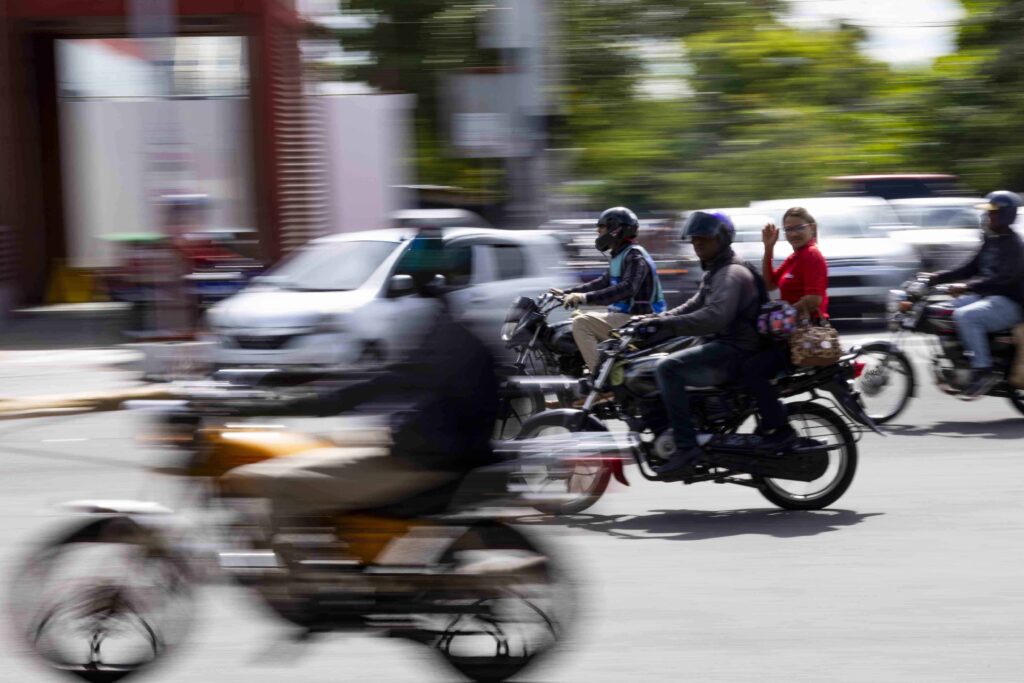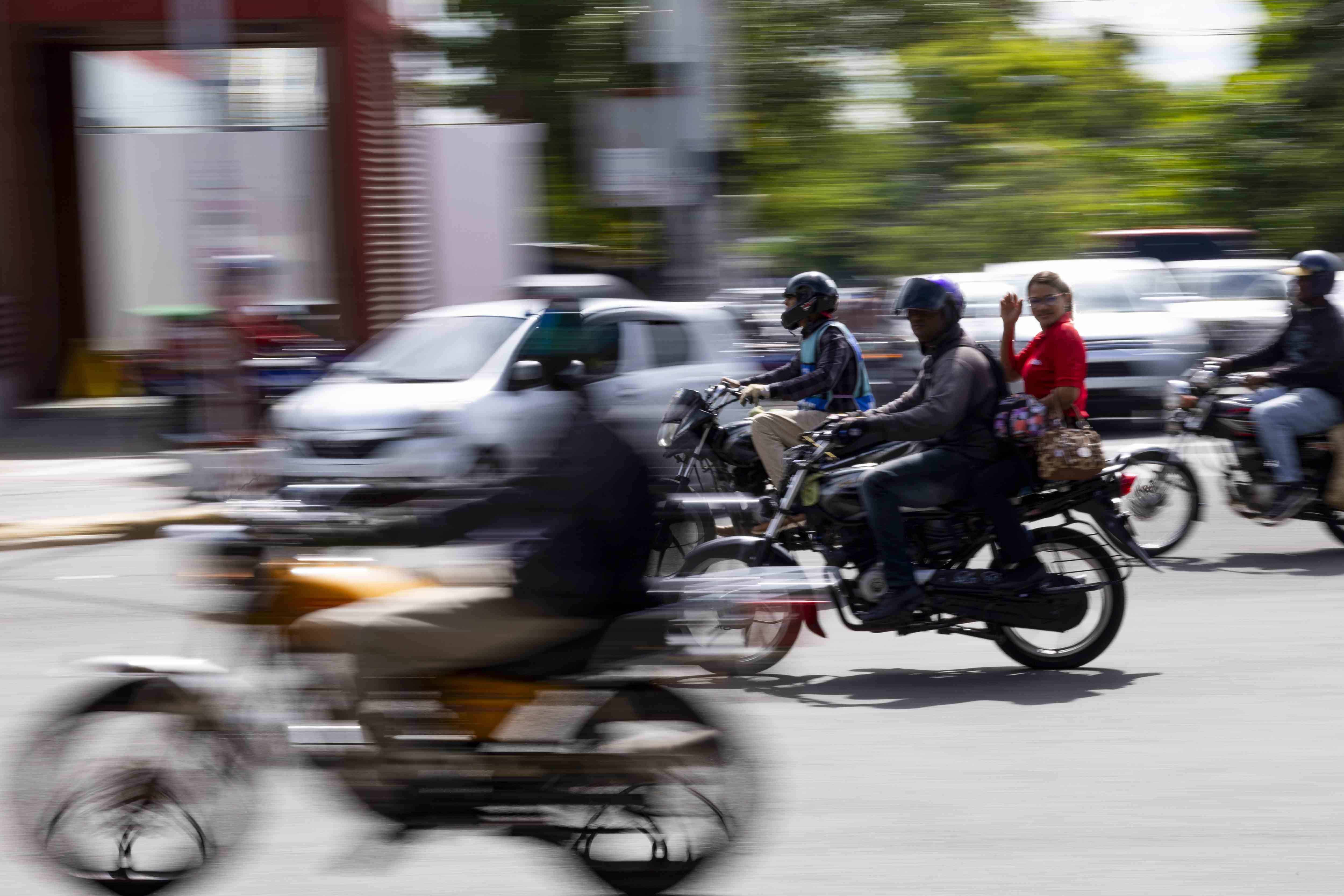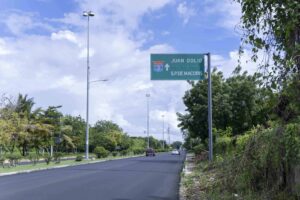
This Monday, the authorities of the National Institute of Transit and Land Transportation (Intrant) will sign the National Pact for Road Safetywith the aim of stopping traffic accidents on the main roads and highways of the Dominican Republic.
The event will be led by the president Luis Abinader and the director of Intrant, Milton Morrison together with representatives of the sectors involved in the topic, within the framework of La Semanal.
During a conversation with a team of Free Diary, Morrison described traffic accidents as “a pandemic” and assured that, with this pact, they seek to “attack” and put an end to this problem that has caused the death of dozens of people in the country.
He explained that this seeks a joint commitment to address the factors that contribute to road accidents and establish effective measures to protect citizens.
“We immediately addressed the issue of road safety and, in the two months that we have been working, we have been involved in the formation and coordination of various sectors to sign the National Pact for Road Safety. This will be signed on November 18 at the National Palace with the participation of the President of the Republic, where, once and for all, all sectors involved in this issue will unite to put a stop to traffic accidents. “We are going to attack this situation, this pandemic, we could say, that has affected us so much,” the official said.
The pact includes several lines of action
He National Pact for Road Safety seeks to attack head-on the alarming rate of traffic accidents in the country through a series of strategic actions.
One of the main initiatives is the education and awarenessfocused on campaigns aimed at citizens to promote respect for traffic laws. These campaigns insist on the proper use of seat belts, protective helmets for motorcyclists and warn about the risks of driving under the influence of alcohol or at high speed.
Another fundamental pillar is the improvement of road infrastructure. The objective is to optimize road conditions, both in urban and rural areas, with better signage and maintenance that guarantee the safety of drivers and pedestrians.
The plan also focuses on strengthening regulations and their application. Rigorous compliance with Law 63-17 on Mobility, Land Transportation, Transit and Road Safety is promoted, increasing oversight and toughening sanctions for those who violate the rules.

The accident care and response is another priority, which seeks to improve the efficiency of emergency services and ensure prompt and adequate medical care for victims. In addition, emphasis will be placed on collecting accurate data for an in-depth analysis of the causes of accidents.
Finally, the pact specifies the involvement of all sectors. Government institutions, companies, community organizations and the media will join together in a joint effort to create a culture of respect and responsibility on the roads.



